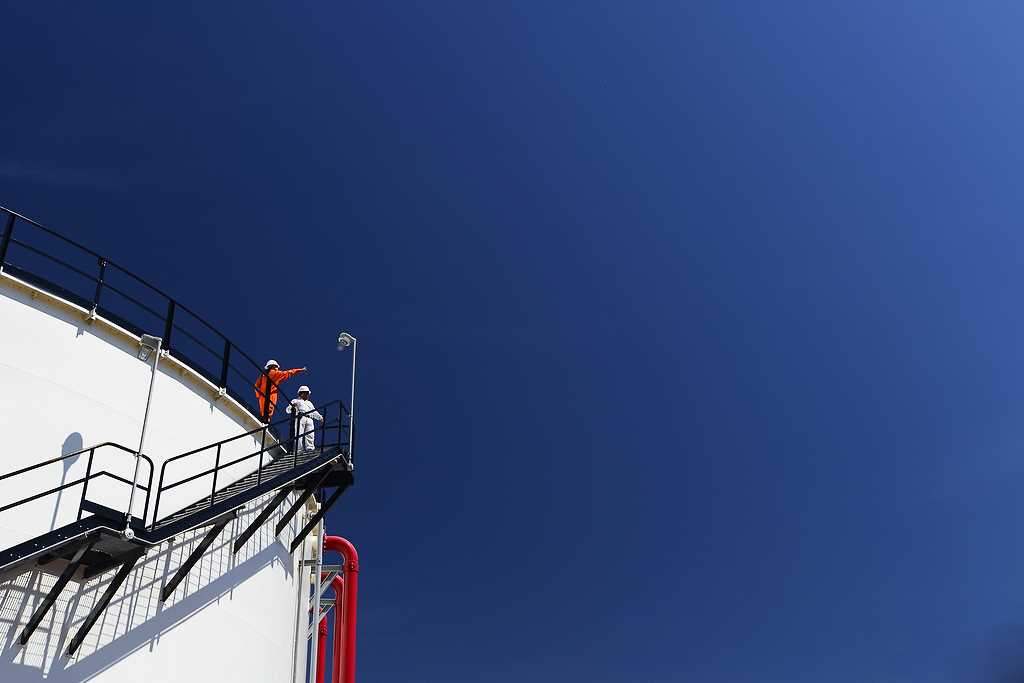In Riga on January 14th, Estonia, Latvia and Lithuania signed a declaration on energy supply reliability, providing for the formation of a single gas market in the region and connecting the Baltic countries with the West European power systems.
Ministers from the three countries met to sign the so-called ‘Declaration on Energy Security of Supply of the Baltic States’, which has been branded as a way of further integrating them into the internal European energy market.
“Signing of the Energy Security of Supply declaration marks the beginning of the important and irreversible shift in our region towards liberal, transparent, competitive and fully functioning regional gas and electricity markets,” Minister of Energy of the Republic of Lithuania, Rokas Masiulis, said.
More than two decades after the end of the Soviet occupation, and a decade after they joined NATO and the European Union, the Baltic republics had remained disintegrated from the rest of Europe in one crucial way: their natural gas infrastructure isolated them into ‘energy islands’. Now for the first time in their histories, Estonia, Latvia, and Lithuania have a chance to secure their energy independence by connecting their natural gas networks with those of their European allies and evolving them into market-based trading systems.
These three small countries on the EU’s periphery are now poised to help the EU achieve two key strategic goals: to establish a single European energy market and to weaken Gazprom’s grip on European gas. With Croatia due to open an import pipeline and LNG terminal on the Adriatic coast, it’s likely that Russian domination is about to be further reduced.
